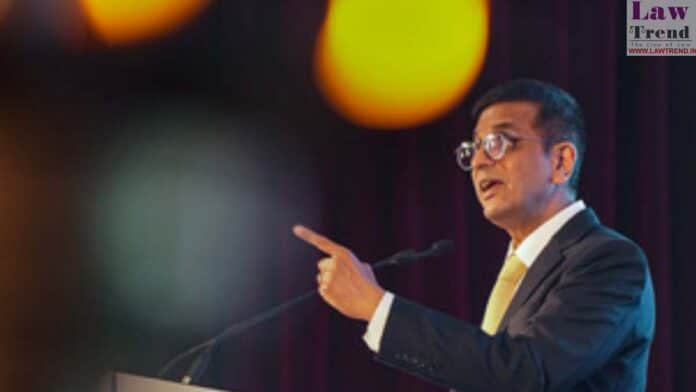Chief Justice of India (CJI) Dr. Dhananjaya Y. Chandrachud, set to retire on November 10, has only five working days left on the Supreme Court bench. His tenure has been marked by transformative efforts, integrating technology to enhance judicial accessibility and administrative efficiency across the Indian judiciary. As he prepares to step down, he aims to deliver five significant verdicts between November 4 and November 8.
CJI Chandrachud’s contributions have been pivotal in making the judiciary more citizen-centric, emphasizing inclusivity and ease of access to justice. His term witnessed landmark judgments safeguarding personal liberty, women’s rights, gender equality, and the rights of persons with disabilities. As the Supreme Court reopens on November 4 after the Diwali break, CJI Chandrachud will focus on these five critical decisions:
1. Validity of Madrasa Education

The Supreme Court had reserved its verdict on October 23 regarding the legality of madrasa education in Uttar Pradesh. The appeal, filed by several Muslim individuals, challenges the Allahabad High Court’s decision to strike down the Uttar Pradesh Madrasa Education Board Act, 2004. The bench led by CJI Chandrachud emphasized the importance of accommodating diverse religious education in a secular state. He stressed, “Secularism means live and let live,” underlining that religious instruction in schools is not exclusive to Muslims but applies to Hindus, Sikhs, Christians, and others as well.
2. Minority Status for Aligarh Muslim University (AMU)
The Supreme Court’s seven-judge Constitution Bench had reserved judgment on February 1 regarding AMU’s minority status. The issue dates back to the 1968 Aziz Basha case, where the Supreme Court ruled that AMU is not a minority institution but a central university of national importance, established by the British Parliament in 1920. The central government argued that an institution of national importance cannot be declared a minority institution.
3. Wealth Redistribution
The nine-judge bench of the Supreme Court initiated proceedings to interpret Article 39(b) of the Indian Constitution, which pertains to the redistribution of wealth. The hearing comes in the wake of political debates, with Congress advocating for wealth surveys to ensure equitable distribution. The bench is examining whether the government has the authority to redistribute privately owned properties for the greater public good.
4. Delhi Ridge Tree Felling Controversy
This case involves the illegal felling of trees in the Delhi Ridge area, allegedly in violation of Supreme Court orders. The controversy also questions the role of Delhi Lieutenant Governor V.K. Saxena, who claimed ignorance of the requirement for court approval before cutting trees. The Supreme Court has sought further clarifications to determine when officials became aware of the illegal tree felling.
5. Scope of Light Motor Vehicle (LMV) Licence
The final pending decision, reserved on August 21, addresses whether a Light Motor Vehicle (LMV) licence entitles a driver to operate transport vehicles weighing over 7,500 kg. The verdict is crucial, as it could impact insurance claim disputes related to accidents involving heavier transport vehicles driven by LMV licence holders. Insurance companies have raised concerns about courts overlooking the legal limits of LMV licences while ruling in favour of policyholders in claim disputes.







